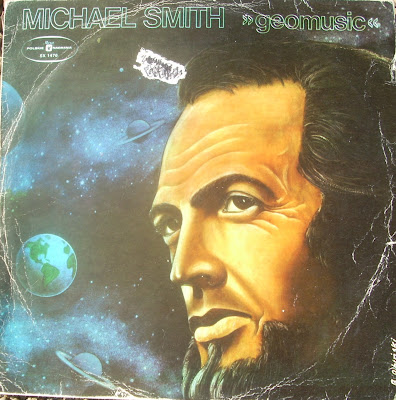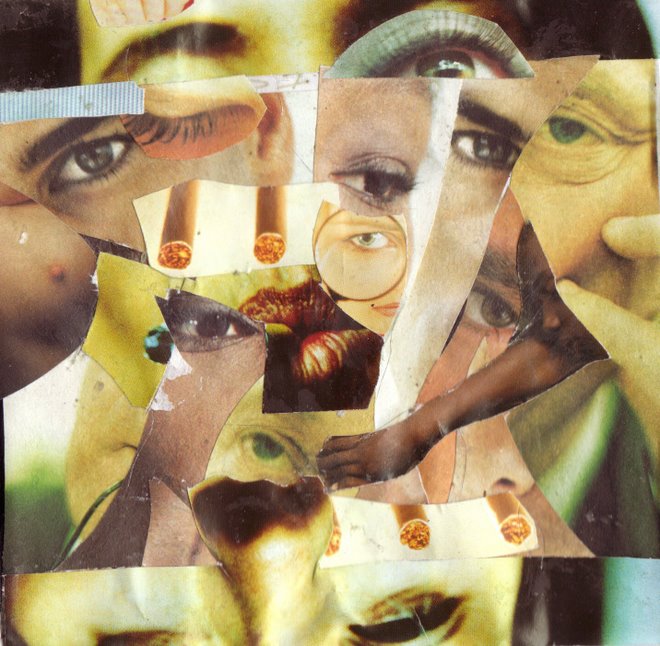
Wilber Morris / David Murray / Dennis Charles: Wilber Force
DIW 809
Wilber Morris (b)
David Murray (ts 1-4 6,bcl 5)
Dennis Charles (d)
1. Randy (Wilver Morris) 12:55
2. P.C.O.P. #1 (Wilver Morris) 10:00
3. Miss Mack (Wilver Morris) 9:05
4. West Indian Folk Song (Dennis Charles) 8:40
5. Afro-Amer. Ind (Wilver Morris) 10:20
6. P.C.O.P. #2 (Wilver Morris) 11:35
Recorded live at February 6, 1983 at Kwame, NYC
This seems to be the second recording for Wilber Morris’ sometime bass-drums-sax trio. This one features the young (but long-time Morris associate) David Murray, and recent partner in rhythm (but fixture of the New York scene) Dennis Charles. Morris and Murray were both part of the tide of West Coast musicians setting up in New York in the mid 1970s to play in the loft scene, while Charles had been the powerhouse behind some of the key experimental musicians of New York’s avant guard since the early 1950s.
I bought this as part of my obsessive David Murray collecting, but it is now far from a completists addition. The bassist is clearly the leader here, composing all the themes with short names ( West Indian Folk Song is Charles’), and giving all the numbers their drive and shape. Murray is particularly effective in a trio, and the Morris themes seem to push him to some very different performances. Although I tend to think Murray can do no wrong, even I’d have to admit that he hardly ever subsumes himself into the setting he finds himself. In ‘Afro-Amer.Ind’, though, features his plaintive bass clarinet weaving through Morris’ bass figures and Charles’ choppy cymbal work. A bass and vocal chant leads to a long Murray solo, subsides into a bass solo with a intermittent gentle tap and brushed backing from Charles, before Murray and Charles burst back in stretch to the end. Meditative is probably the adjective. By contrast Charles’ jolly theme suits Murray well, and brings out a strong tight drums and bass performance.
‘Miss Mack’ is more subdued sax and Charles’ lovely drum textures. This one repays repeated listening. It’s remarkable how much is going on amongst the three musicians. The longest track, ‘Randy’, has one of those quirky rhythm-melody themes, and some constant changes of pace driven by bass and drum with Murray holding on for dear life! He does get to squeal a little here, though. there are two ‘PCOP’s, though I’m not clear what they are. A lovely theme set out by sax and bass with cracking physical playing from Charles. There’s a lot of unfocused meandering, but journey’s don’t have to be purposeful if there’s lots to hear on the way, and here the textures are just wonderful. This really is music for the moment that allows you to forget where you’ve come from, and care little about where your heading.
As far as I am aware this was the first time Murray was on a DIW recording, and a decade later this was going to be his main channel for releases. There’s a pattern in Murray’s history where he records as a sideman for a project and seems to establish a relationship that blossoms into a recording contract later on. This was also a bit of a return to small group recordings after septet and octet experiments (usually featuring Morris and his younger brother, Butch) interspersed with quartet recordings.
Although this had a CD release, it wasn't widely available outside Japan, and it doesn't seem to be currently available. Along with Collective Improvisations (featuring Denis Charles and saxophonist Charles Tyler for Bleu Regard in 1981) this is an enjoyable record in its own terms, and a key point in Murray’s career that isn’t that well known.



































.jpg)














